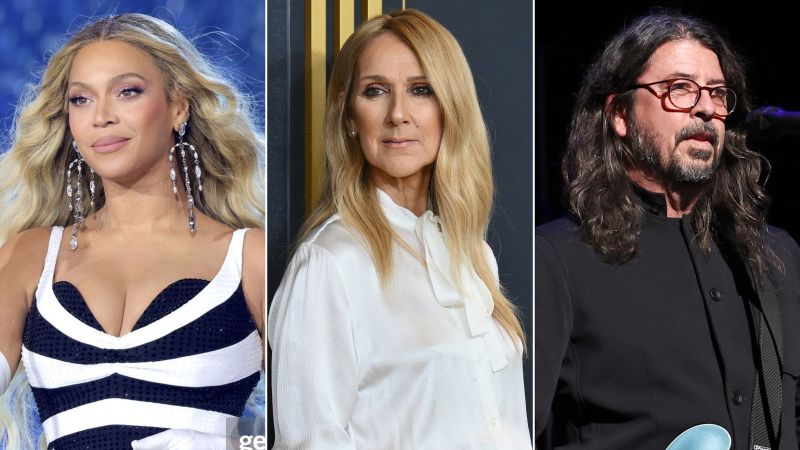Following President Joe Biden’s announcement that he would be dropping out of the presidential race and endorsing Kamala Harris as the Democratic presidential nominee, CNN revealed that Beyoncé had given her approval for the Vice President to use her song “Freedom” as her official campaign song. However, in a seemingly antagonistic move, the Republican nominee’s campaign used the same Beyoncé song as the backdrop of a recent social media video to showcase former President Donald Trump.
Numerous artists have objected to the use of their music by the Trump campaign over the years, including Celine Dion, Foo Fighters, Bruce Springsteen, and Prince’s estate. Depending on how and where their music is used, musicians may have grounds to take legal action beyond simply rebuking the campaign.
Beyoncé’s music was played at a Trump event on July 31 at the New Holland Arena in Harrisburg, Pennsylvania, despite her endorsement of the Biden-Harris ticket in 2020. After Beyoncé’s team threatened legal action, the video featuring “Freedom” was taken down.
Lawyer Heidy Vaquerano explained that licensing music for political campaigns is a complicated process, and even if a license is obtained, artists can still object to the use of their music. Recently, Foo Fighters stated they did not authorize the Trump campaign to use their song “My Hero” at a rally in Arizona. This led to the band announcing that any royalties received from the use of their song would be donated to a political campaign.
Other artists, such as Celine Dion and the estate of Isaac Hayes, have also taken action against the Trump campaign for using their music without permission. Hayes’ estate filed a copyright infringement suit against Trump for using his songs at rallies, claiming that the campaign did not obtain a valid public performance license.
With artists continuing to speak out against the unauthorized use of their music by the Trump campaign, legal experts suggest that there may be grounds for artists to seek compensation for financial losses caused by the use of their music without permission. As the situation develops, it remains to be seen how artists and the Trump campaign will navigate the legal challenges surrounding the use of music in political campaigns.



